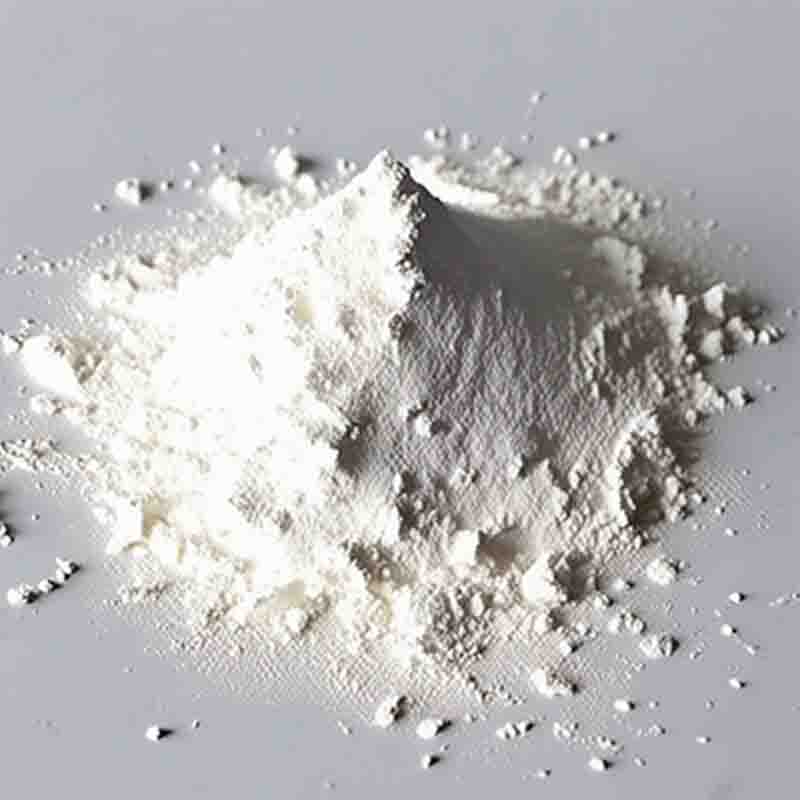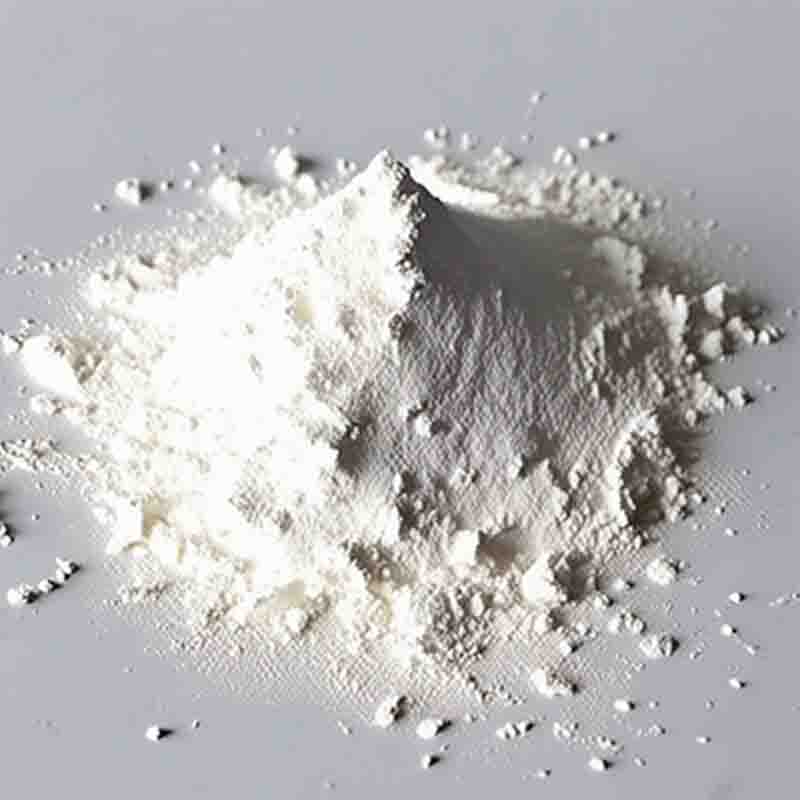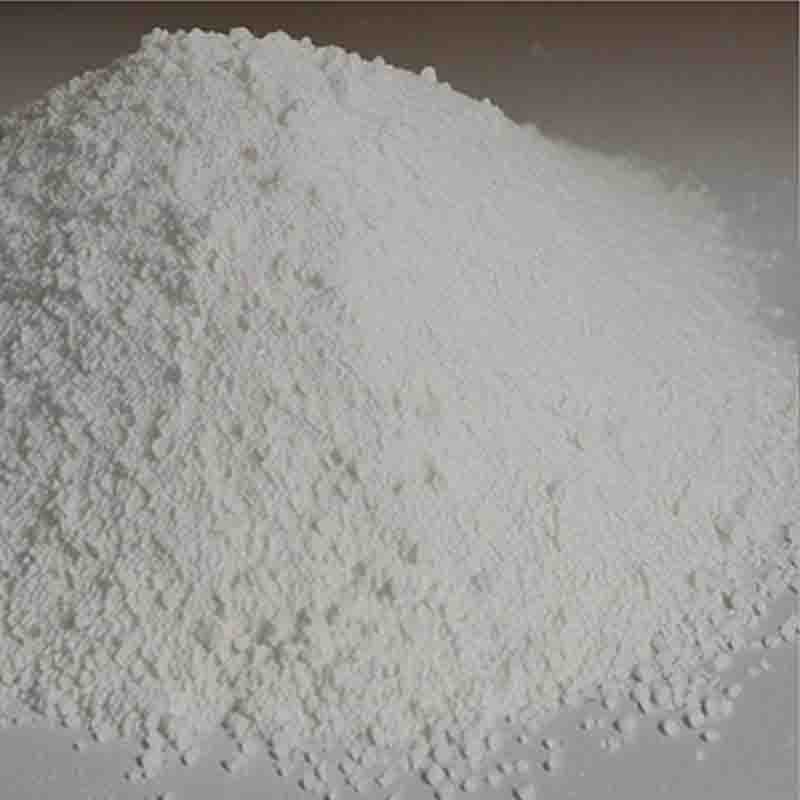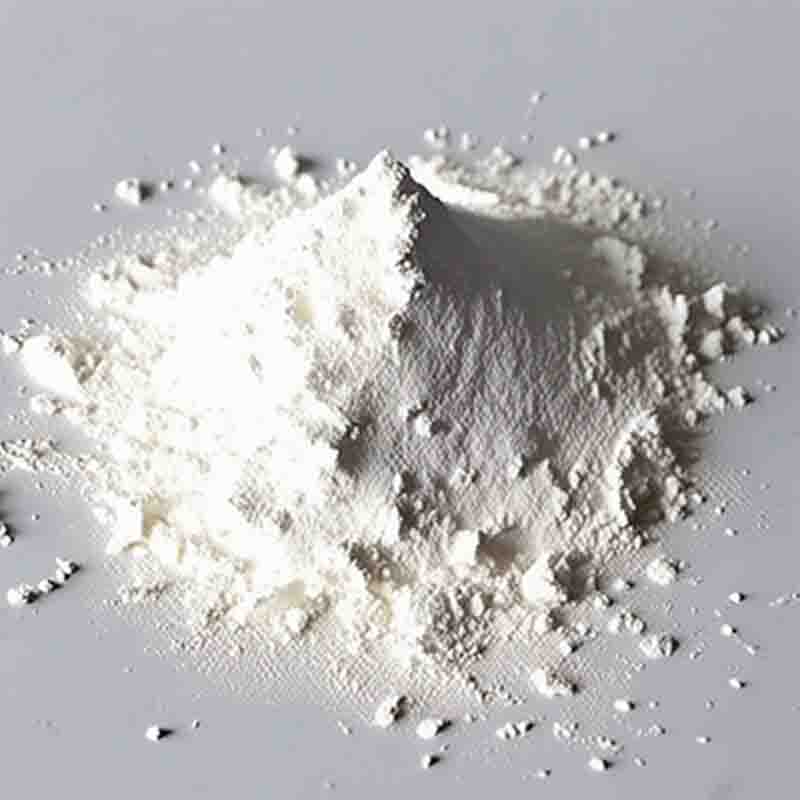5-Difluoromethoxy-2-[(3,4-dimethoxy-2-pyridinyl)methyl]thio-1H-benzimidazole CAS:102625-64-9
| Catalog Number | XD94561 |
| Product Name | 5-Difluoromethoxy-2-[(3,4-dimethoxy-2-pyridinyl)methyl]thio-1H-benzimidazole |
| CAS | 102625-64-9 |
| Molecular Formula | C16H15F2N3O3S |
| Molecular Weight | 367.37 |
| Storage Details | Ambient |
Product Specification
| Appearance | White powder |
| Assay | 99% min |
5-Difluoromethoxy-2-[(3,4-dimethoxy-2-pyridinyl)methyl]thio-1H-benzimidazole is a compound that has been the subject of scientific research due to its potential effects in various areas.One of the notable effects of this compound is its potential as an antifungal agent. Studies have shown that it possesses antifungal activity against different species of fungi, including Candida albicans and Aspergillus fumigatus. The compound has demonstrated the ability to inhibit the growth and replication of these fungi, suggesting its potential use in treating fungal infections. However, further research is required to fully understand its mechanisms of action and evaluate its efficacy in different fungal strains and in vivo models.Additionally, this compound has shown promise as an anti-inflammatory agent. Inflammation is a key component of various diseases, such as rheumatoid arthritis and inflammatory bowel disease. Studies have indicated that the compound can reduce the production of inflammatory mediators and cytokines, thereby suppressing inflammation. This suggests its potential use in managing inflammatory conditions. However, more research is needed to determine its full anti-inflammatory potential, including its effectiveness in different disease models and its safety profile.Furthermore, research has suggested that this compound may have antimicrobial activity against bacteria. It has shown inhibitory effects against bacterial strains such as Escherichia coli and Staphylococcus aureus. This implies its potential application in developing antibacterial agents. However, further studies are necessary to explore its complete range of antibacterial activity and evaluate its safety and efficacy in different bacterial species.Moreover, this compound has been investigated for its potential as an anticancer agent. Preliminary studies have shown that it can suppress the proliferation of cancer cells, particularly in breast and lung cancer models. It has also displayed the ability to induce apoptosis, or programmed cell death, in cancer cells. However, further research is required to investigate its anticancer mechanisms, assess its effectiveness against different types of cancer, and determine its potential for clinical applications.In conclusion, 5-Difluoromethoxy-2-[(3,4-dimethoxy-2-pyridinyl)methyl]thio-1H-benzimidazole has demonstrated potential effects as an antifungal, anti-inflammatory, antimicrobial, and anticancer agent. However, it is crucial to note that more research is needed to fully understand its mechanisms of action, evaluate its efficacy and safety, and determine its potential applications in various therapeutic fields.


![5-Difluoromethoxy-2-[(3,4-dimethoxy-2-pyridinyl)methyl]thio-1H-benzimidazole CAS:102625-64-9 Featured Image](https://cdn.globalso.com/xdbiochems/白色粉末2819.jpg)
![5-Difluoromethoxy-2-[(3,4-dimethoxy-2-pyridinyl)methyl]thio-1H-benzimidazole CAS:102625-64-9](https://cdn.globalso.com/xdbiochems/粉末2518.jpg)
![N-[(S)-1-Carbethoxy-1-butyl]-(S)-alanine CAS: 82834-12-6](https://cdn.globalso.com/xdbiochems/白色粉末2129.jpg)




